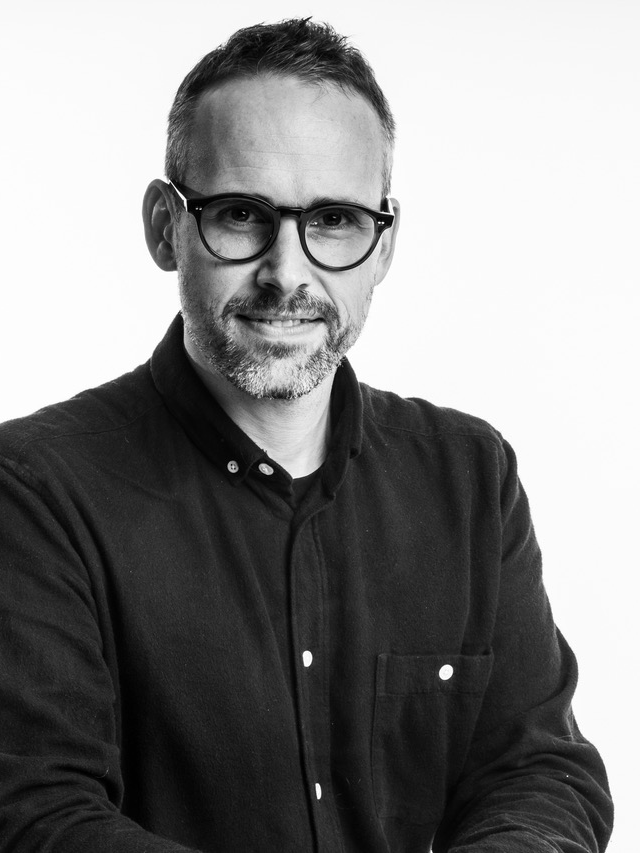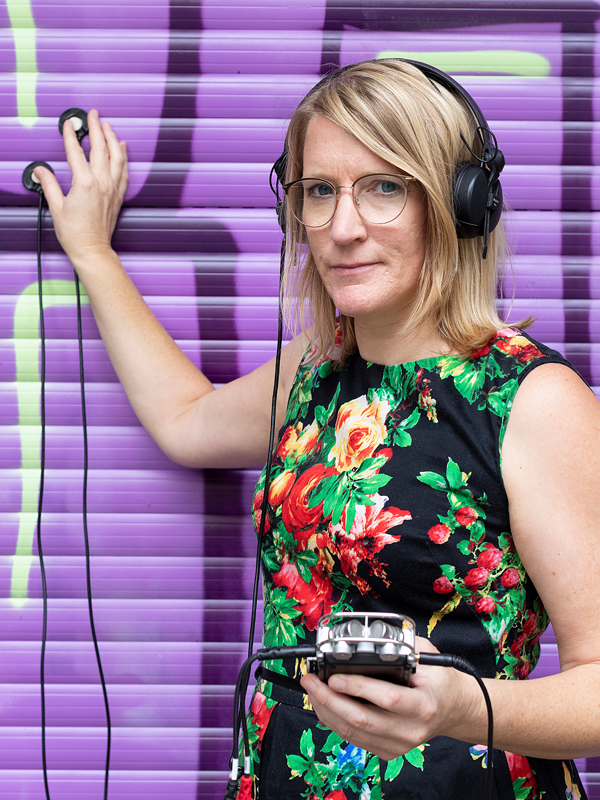Current Fellows
Winter 2025/26
-

Dr. David Bebnowski
March–April 2026
david[at]bebnowski.deI am a historian and social scientist specializing in the intellectual and political history of feminism, the new right, and the new left. Until February 2026 I was a postdoc in an ERC project at the America Institute at LMU Munich. My publications include Die Alternative für Deutschland (2015) and Kämpfe mit Marx (2021).
Conservative Libertarianism
Drawing on self-characterizations of the contemporary German right-wing party AfD as “conservative libertarian,” my project argues that this seemingly recent political tendency has deep historical roots in the interwar period. My thesis is that economic liberals and more traditional conservative political strains were tied together by their shared motivation to thwart popular demands for a democratization of Germany. By investigating political actors across party lines, young conservative clubs, economic lobby organizations, and scientific interest groups in the Weimar period, my goal is to outline a political network that can be described as conservative libertarian.
Photo: Maik Reepschlaeger, Fotodesign Braunschweig, 2022
-

Dr. Onur Erdur
September–December 2025
onur.erdur[at]hu-berlin.deI am a historian specializing in global intellectual history, the history of knowledge, and contemporary history. I was an assistant professor at HU Berlin from 2017 to 2024 and then held guest professorships in Berlin and Flensburg. My publications include Die epistemologischen Jahre (2018) and Schule des Südens (2024).
What Happened in the Nineties?
Situating the HumanitiesIn contemporary history and popular culture, the long 1990s—beginning 1989 and ending 2001—are widely regarded as a transitional decade marked by globalization, technological transformation, and shifting cultural paradigms. This project asks whether such characterizations (and assumptions) also apply to the humanities and how a history of the humanities in the 1990s could be written. Through a series of case studies, it examines how universities and funding structures adapted to post–Cold War realities and embraced interdisciplinarity; how the rise of “identity politics” reframed scholarly discourse; and how emerging digital infrastructures reshaped the intellectual self-conception of the disciplines.
Photo: Christoph Bombart
-

Prof. em. Dr. Michael Hagner
October 2025–March 2026
mhagner[at]ethz.chI was Professor of Science Studies at ETH Zürich until my retirement in January 2025. My interests include the history of the human sciences, the history of visualization in the sciences, and the history of books. My most recent publication is Seeing Foucault’s Pendulum: Between Science, Politics, and Art (Zone Books, 2025).
The Politics of Anti-Psychiatry, Its Media and Narratives
Without the “paperback revolution” in 1960s print culture and the wide availability of affordable books, there would have been no public rise of the 1968 generation. The same is true of anti-psychiatry. The public strategies of anti-psychiatry in the 1960s and 1970s were marked by close alliances between its proponents and literature, art, photography, film, and various humanities disciplines, which cannot be understood without examining the media that facilitated them. The literary texts of psychiatric patients, first-person accounts of experiences with psychiatric treatment, activist photobooks, and programmatic monographs were key to the political, aesthetic, and epistemic impact of the anti-psychiatry movement.
Photo: Michel Büchel/ ETH Zürich
-

Dr. Karsten Lichau
October 2025–March 2026
karsten.lichau[at]hu-berlin.deAs a historical anthropologist, I have worked extensively on body history, particularly on the histories of sounds and silences, of emotions, and of the “political body.” In my project for the CAS Applied Humanities, I explore how early-twentieth-century theologians explored the new technical possibilities of the radio sermon.
Tuning in to the World: Applied Theology in Early Radio Sermons
How, if at all, can the Word of God—the object of theological reflection—be turned towards the world? Throughout its long history, this question of applicability has taken center stage in theological thinking, especially within the theological subdiscipline of homiletics. My project asks how theologians of different theological orientations engaged with it when exploring the new technical possibilities of the radio sermon. What theological issues and practical challenges were posed by that medium? And to what extent did preachers turning away from the traditional “pulpit tone” actively contribute to reshaping speech styles for radio?
Photo: Anja Berkes
-

Julia Tieke
September 2025–January 2026
julia.tieke[at]posteo.deTrained in cultural and Islamic studies, I am a freelance producer of radio arts, drama, and features. My articles, audio pieces, and workshops often deal with listening practices, the migration of sounds, and acoustic urban explorations. Much of my work relates to Arab culture and societies.
Fursa Saida: An Audio Project
The research and audio piece Fursa Saida—meaning both “nice to meet you” and “good opportunity” in Arabic—is inspired by the proposal of French musicologist Mady Humbert-Lavergne at the 1932 Congress of Arabic Music in Cairo to use the ondes Martenot, an early electronic instrument, in Arabic music. I have been working on Humbert-Lavergne’s overlooked idea since 2018; this project adds a focus on Brigitte Schiffer, a German-Jewish composer and musicologist who studied the music of the Siwa Oasis, Egypt, before fleeing Nazi Germany in 1935. I combine work on the history of musicology and musical speculation in collaboration with the Egyptian multi-instrumentalist Nancy Mounir and the French ondist Julie Normal—imagining an alternative to the Cairo congress’s aim of standardizing Arabic music.
Photo: Gisela Gürtler

